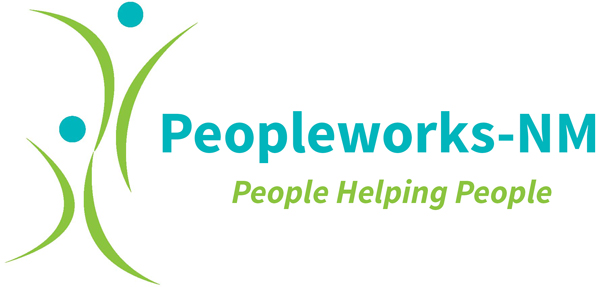How Recreational Gambling Becomes A Problem
Mental Health Tidbits and Tools
A coworker invites us to go to the casino after work. We may never have been to a casino, or maybe infrequently. We find it enjoyable and decide to return again. The next time we go, we play the slots and win $3000! Unbelievable – and how easy this was! Celebrating the win, we decide we should go more often, as there is probably more of this kind of payoff. Our trips are now weekly, and we get focused on that next big win. We can “feel” it coming…after all, we were special to win that $3000.
We start to crave the experience of gambling. The casino employees are so nice, and the atmosphere so welcoming! Throughout our day, we think about when we can go to the casino, and our thoughts are absorbed with the idea. Suddenly, we realize that the car was driving toward the casino, even if we intended to run an errand or go home to take care of the housework.
A few months later, we realize we don’t have enough money to pay the light bill, and maybe not enough to pay the rent or mortgage. How could this have happened? Time to cover up the situation. Maybe pay bills by credit card, hoping our spouse doesn’t notice. Maybe even go to get a payday loan. After all, we should be able to pay it off with our next win.
The situation worsens. We are going to the casino several times a week and spending $300-500 per night. We discover we have $20,000 in debt. How to pay this off, when we only have about $200 a month for extra money that isn’t committed to bills? Oh yes – the win is coming! That night at the slots, we win $300. Whew, that will take care of a credit card payment. We go back the following night, hoping for another $300 win but instead, we lose $200 of the $300 won the previous night. How could this happen? Suddenly, we feel like we are being punished. We feel incredible guilt. But we return again and again, chasing our losses/chasing our wins.
On and on it goes… and we resort to stealing money. Suicide begins to sound like a way out. We wonder how we got into this terrible mess?
This process may take a decade or just a few months. Every gambler has a psychological, biological, social differences which place them at risk.
When we realize we CAN’T STOP, and Gambling is NO LONGER FUN, then, we have gotten to the compulsive gambling stage.
Here are 3 Screening Questions you can ask yourself to see if you may have a problem:
- Have you become restless, irritable or anxious when trying to cut down on your gambling?
- Have you tried to keep your family or friends from know how much you gambled?
- Did you have financial trouble as a result of your gambling that you had to get help with living expenses from family, friends or welfare?
ANY yes answer to these questions may indicate that you have a problem.
You always have the options to come for an assessment session and additional counseling sessions with Peopleworks. It’s FREE of charge to you! Our counselors don’t judge people for their problems and are here to walk with you on your journey to a better life. Talk to someone soon, even if not a Peopleworks’ counselor. It may save you a lot of heartache and financial woes.
Above all, never lose hope. Your gambling problem may seem insurmountable, but many have gotten a grip on their gambling. Call 505-990-4186 or email peopleworksnm@gmail.com to see how Peopleworks can help. Family members or friends are also welcome.
By Cindy Anderson, MSW, LCSW, ICGC-I







Recent Comments